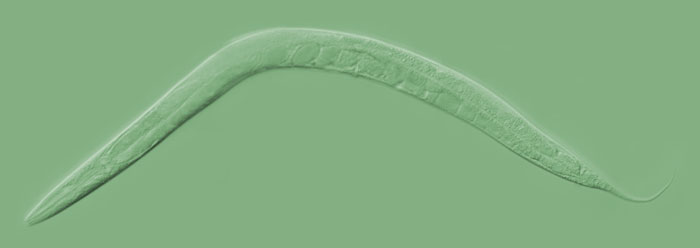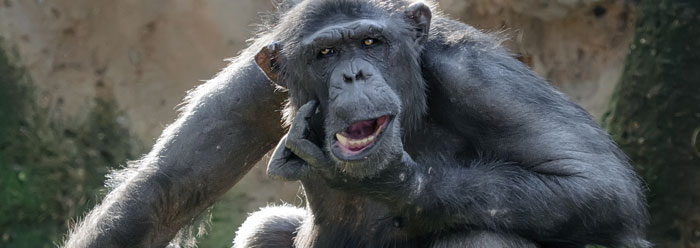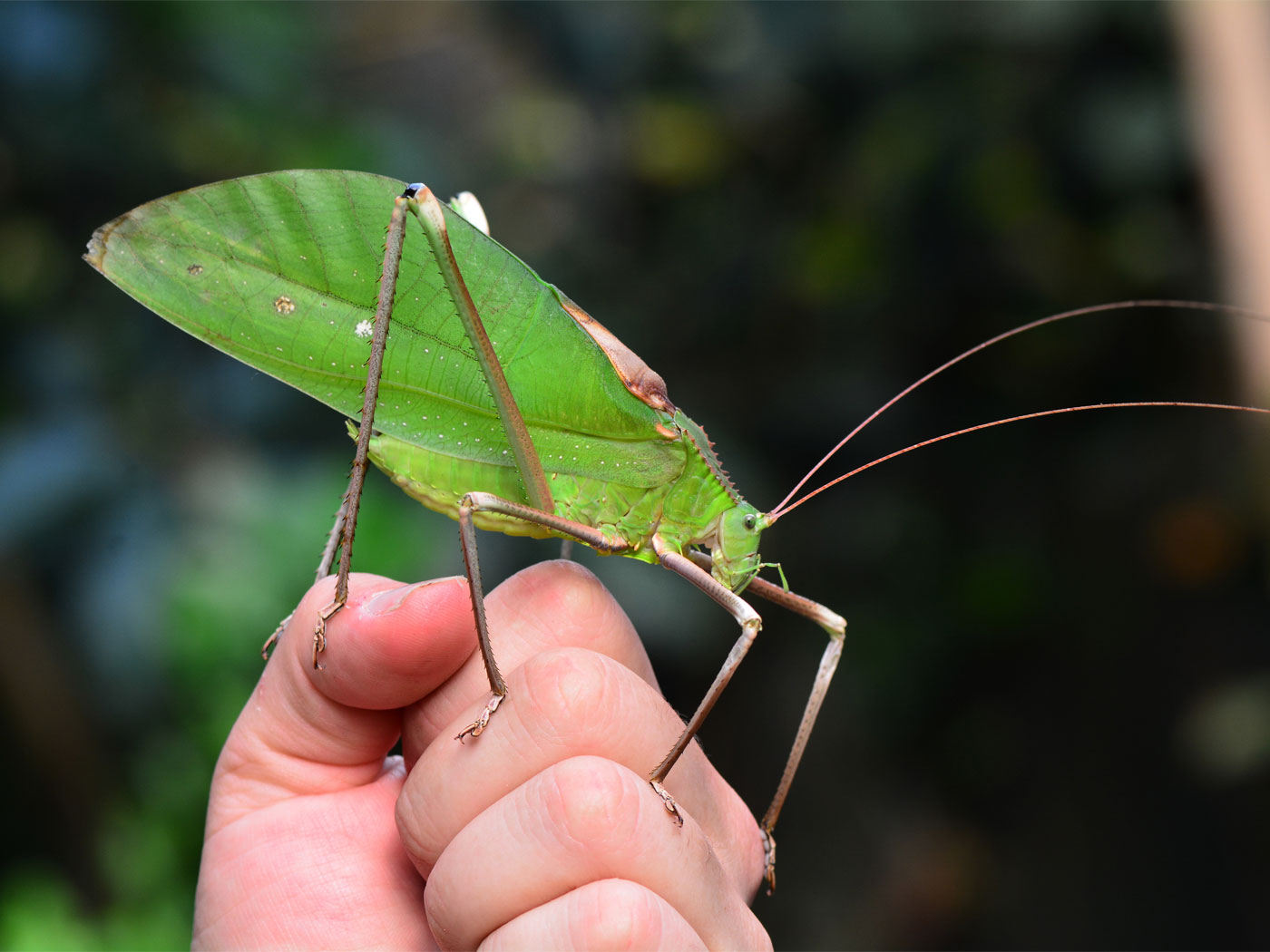Fish supposedly evolved into people by gene mutations, but a recent report shows that mutations have disastrous effects.1 Not only are individual genes essential, but when they are inhibited, entire gene networks are disrupted, resulting in severe growth and development problems in the organism.
One of the main model organisms used to study gene and genome function is the small soil worm called a nematode. Nematodes are the most abundant type of animal on earth and live in many different environments. They also make excellent test animals for genetic study in the lab because they are easy to raise, have a small genome size, and much is known about their biology.
In the past, scientists used a variety of technologies to sequentially inhibit individual genes in the nematode genome.2, 3 Their goal was to ascertain which genes are essential to its survival. However, in these early studies, researchers only analyzed the effects of gene mutation by looking at individual nematodes for observable changes. They also only evaluated the effects of mutation on a single generation. Therefore, they missed detecting the results of disabling genes where the effects were subtle.
In this recent study, scientists observed the effects of 550 sequentially inhibited genes on the overall fitness of nematodes over eight generations. Fitness is the ability of a population of organisms to grow and reproduce over time compared to a control population that does not have the mutation. Fitness can also be tested in different environments that apply various stresses.
In the majority of cases, the disruption of single genes reduced the fitness of the nematode populations. This was an effect that kept increasing with successive generations. Theoretically, this would have eventually led to extinction.
As a result, researchers concluded that most every gene tested was essential to survival of the nematode. Because the mutant worms' fitness decreased over successive generations, the researchers also concluded that even single mutations negatively impact entire gene networks.
The researchers wrote,
In contrast to previous estimates, we find that, in these multigeneration population assays, the majority of genes affect fitness, and this suggests that genetic networks are not robust to mutation. Our results demonstrate that, in a single environmental condition, most animal genes play essential roles.1
In the biological evolution model, the process of genome mutation not only involves the hypothetical alteration of gene sequences, but the idea that not all genes are essential to life. In other words, there is room in the cell system for DNA to randomly change, so that once in a while it can spit out some useful new gene sequence to advance evolutionary progress. However, this new study shows that even though the cell systems in roundworms are dynamic and environmentally responsive, the fine-tuned DNA-based informational system that underlies it cannot be corrupted without diminishing its ability to survive.
So in addition to refuting evolution, nematode gene networks show every sign of carefully crafted system engineering.
References
- Ramani, A. K. et al. 2012. The Majority of Animal Genes Are Required for Wild-Type Fitness. Cell. 148 (4): 792-802.
- Kamath, R. L. et al. 2003. Systematic Functional Analysis of the Caenorhabditis elegans Genome Using RNAi. Nature. 421 (6920): 231-237.
- Sonnichsen, B. et al. 2005. Full-Genome RNAi Profiling of Early Embryogenesis in Caenorhabditis elegans. Nature. 434 (7032): 462-469.
* Dr. Tomkins is Research Associate at the Institute for Creation Research and received his Ph.D. in Genetics from Clemson University.
Article posted on December 17, 2012.























